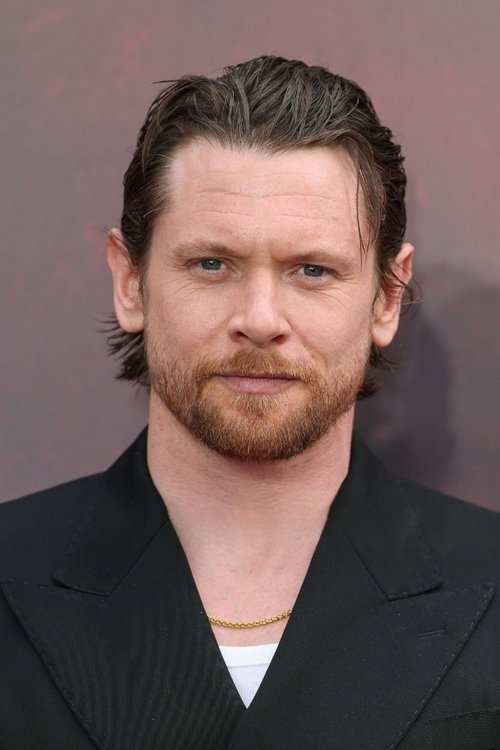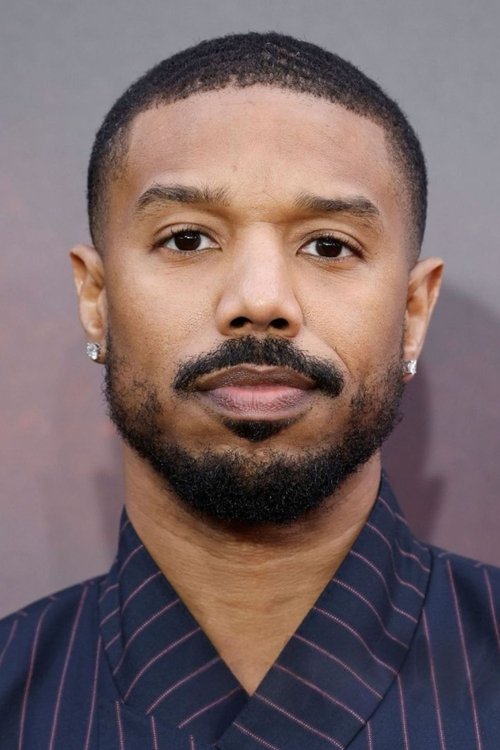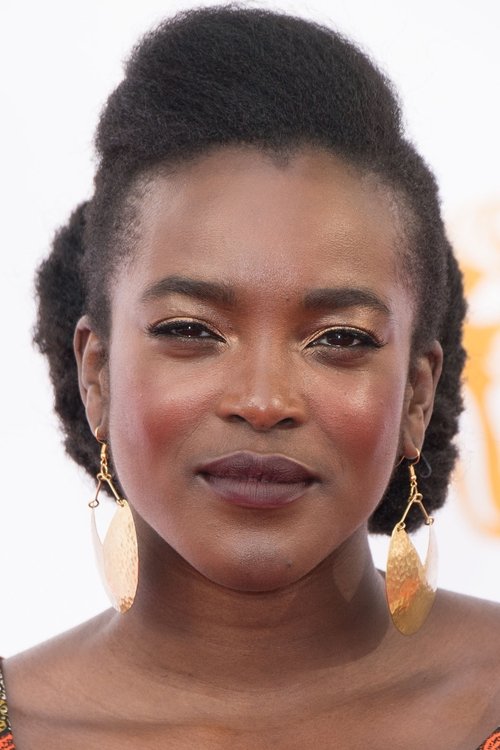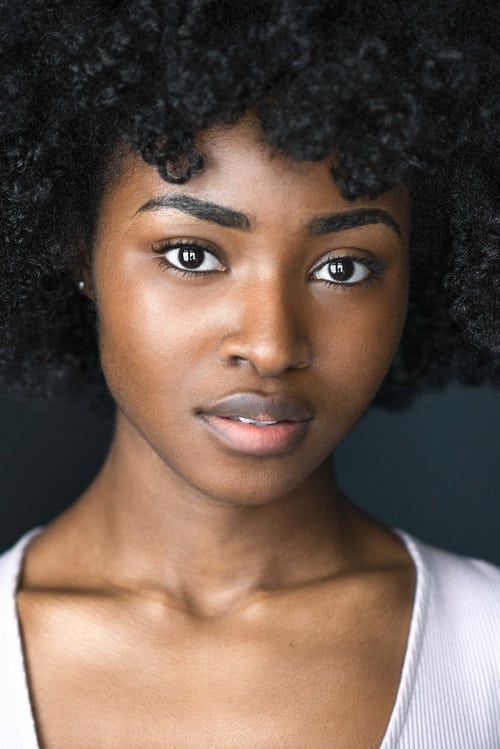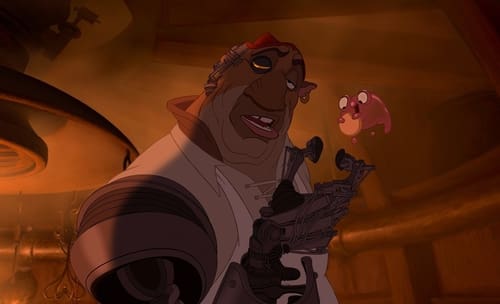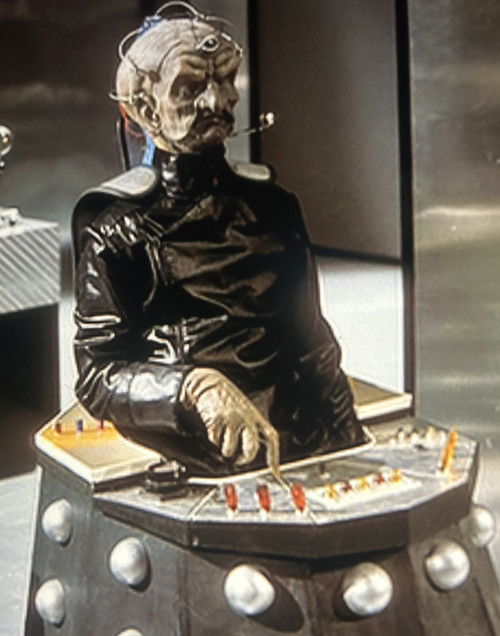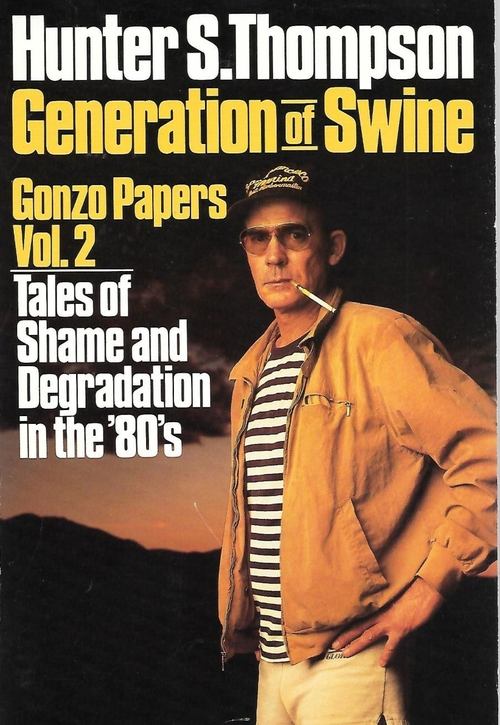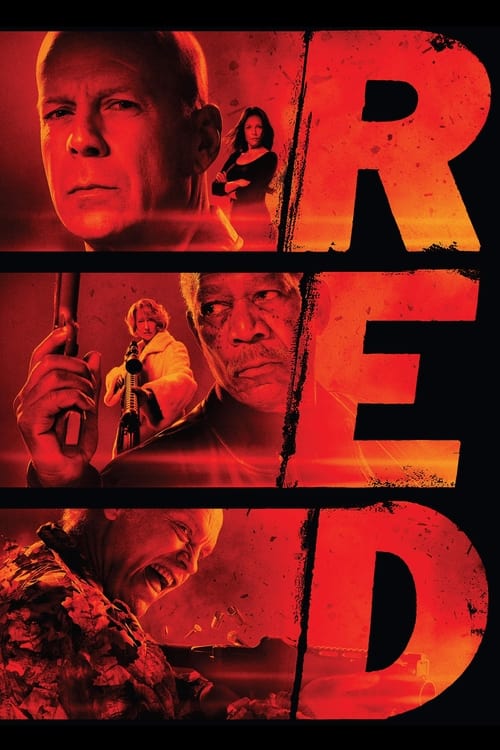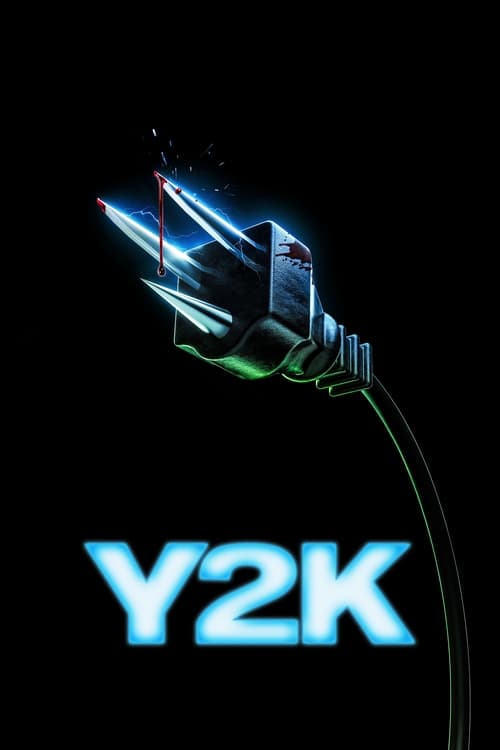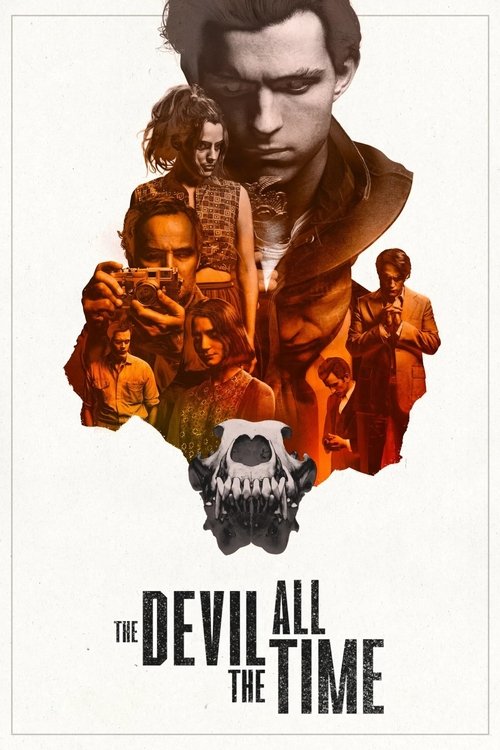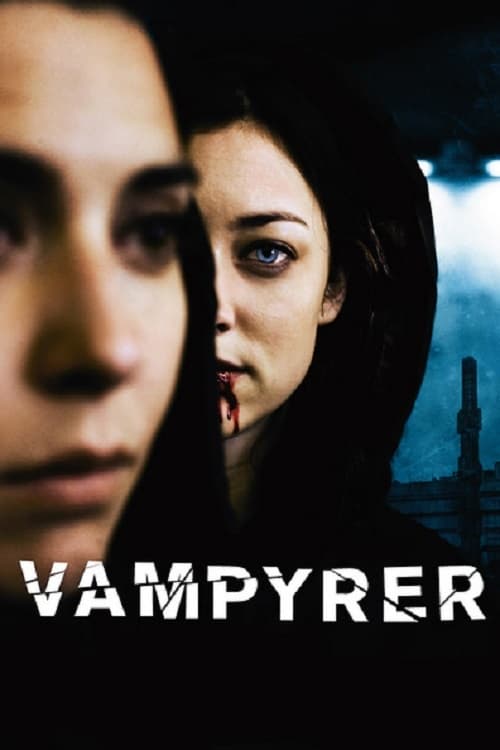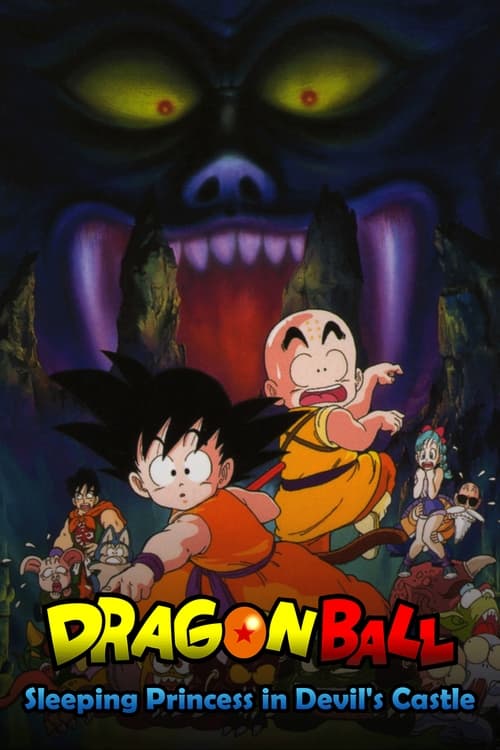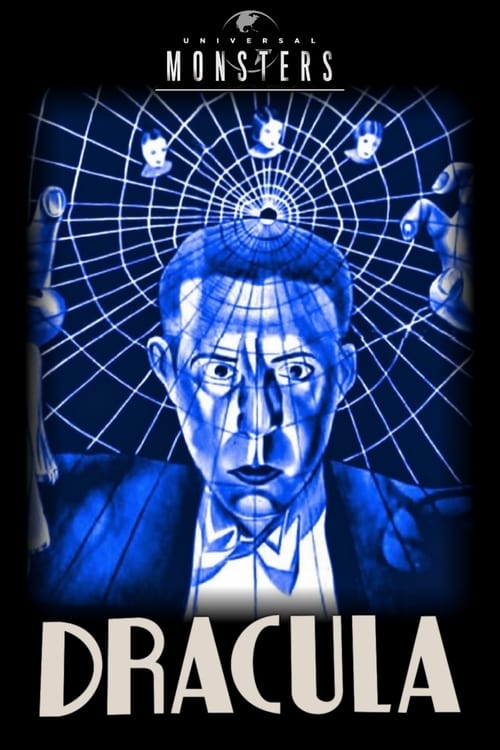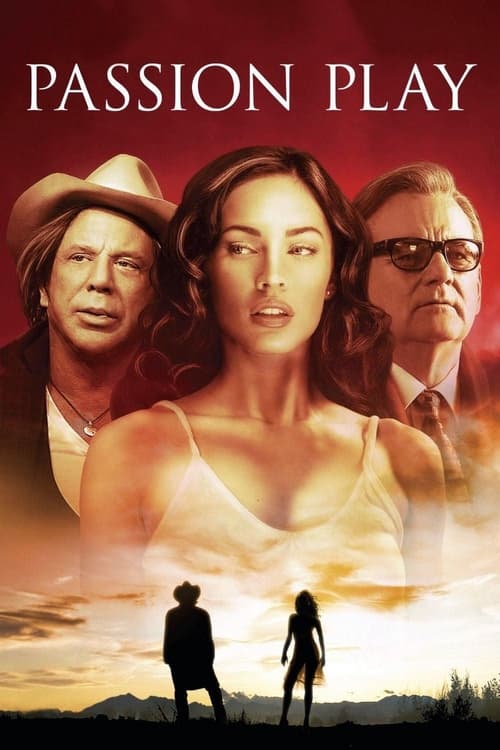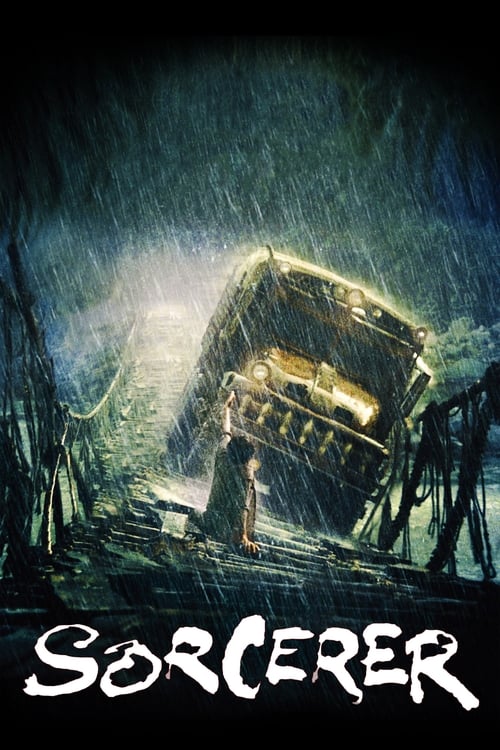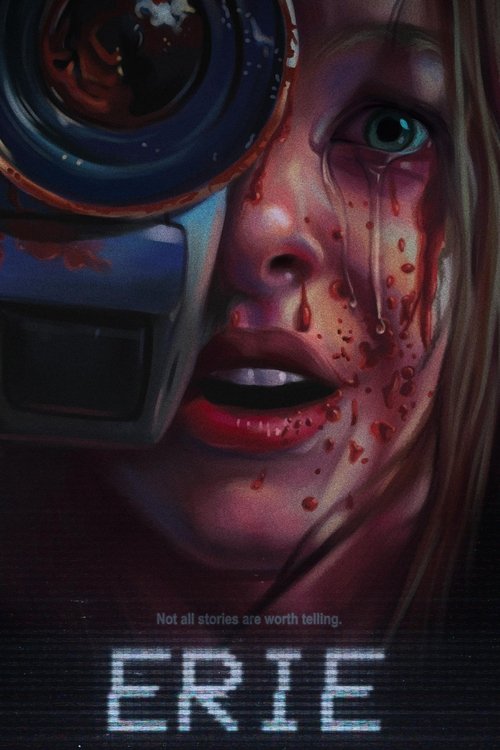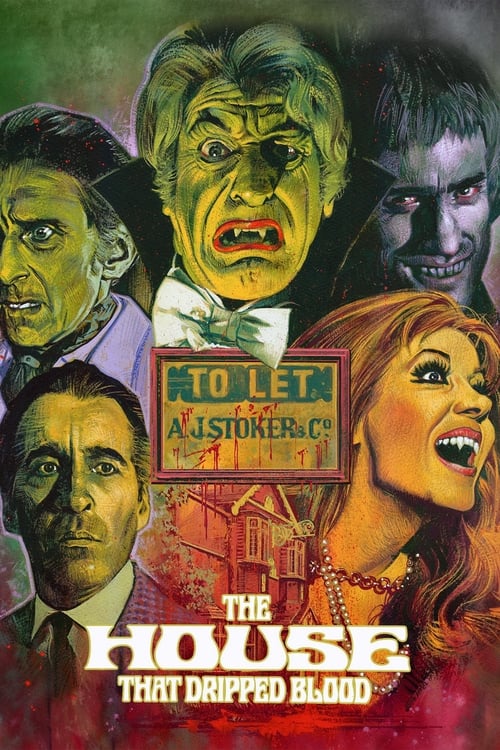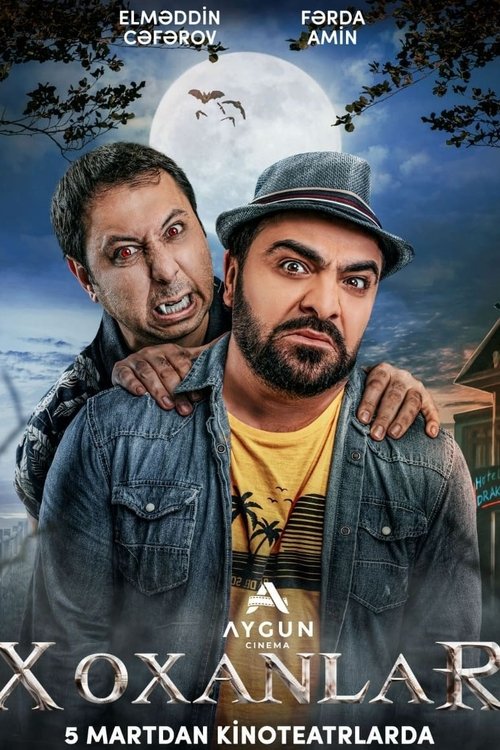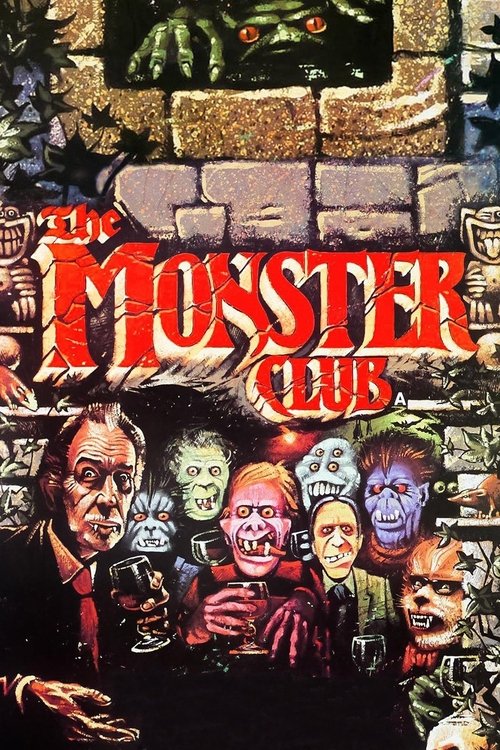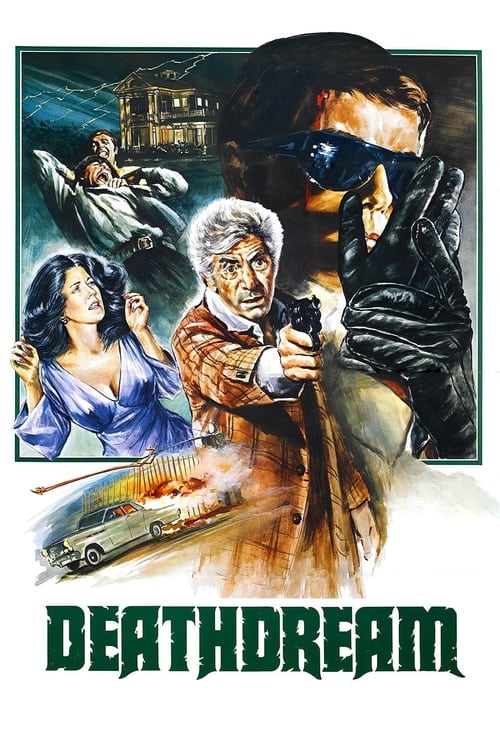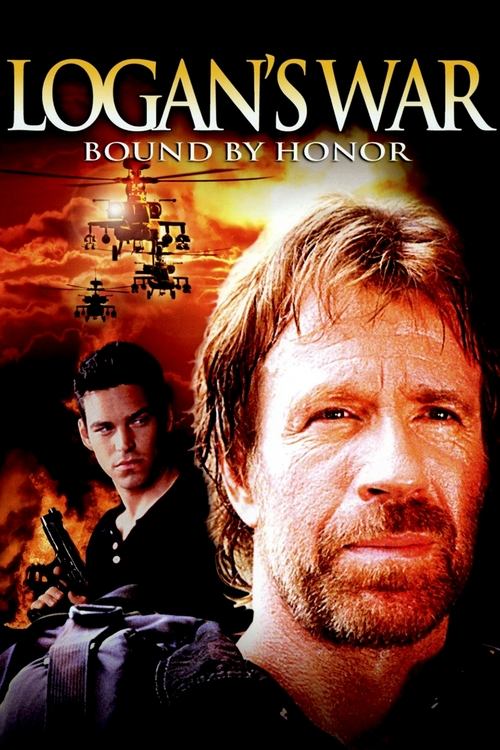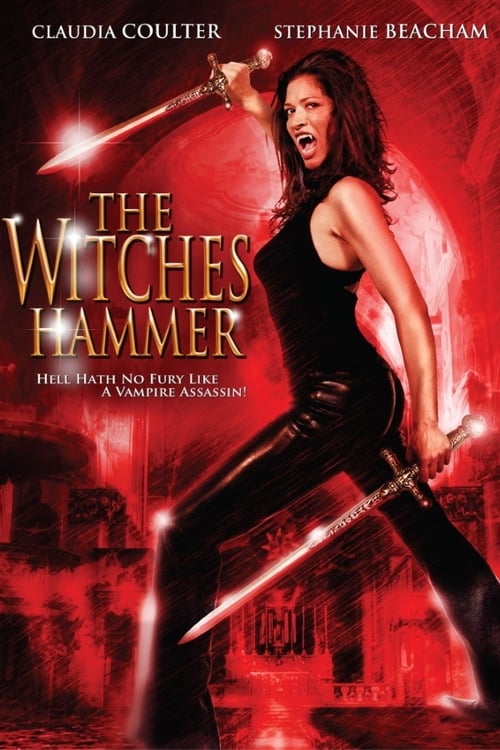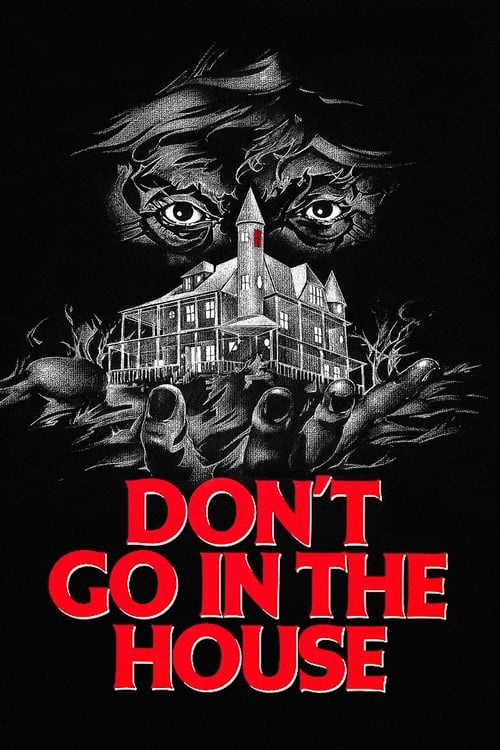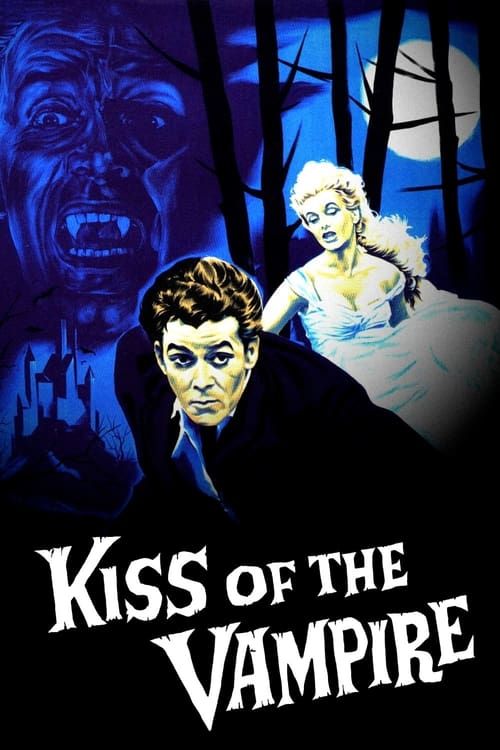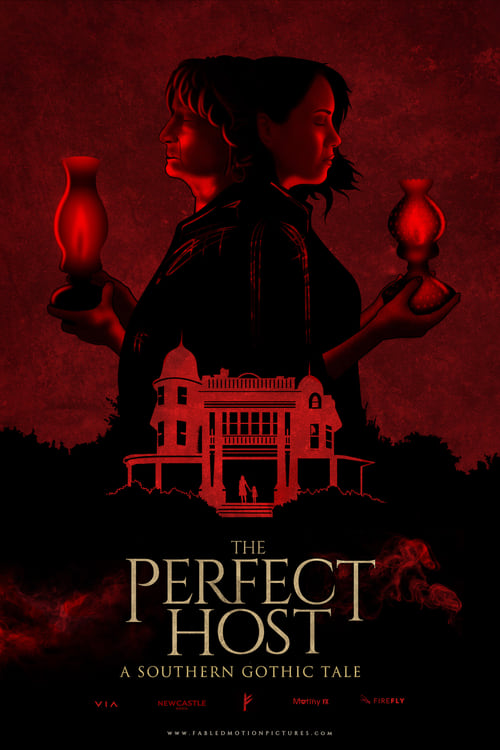
Avengers: Infinity War
2018
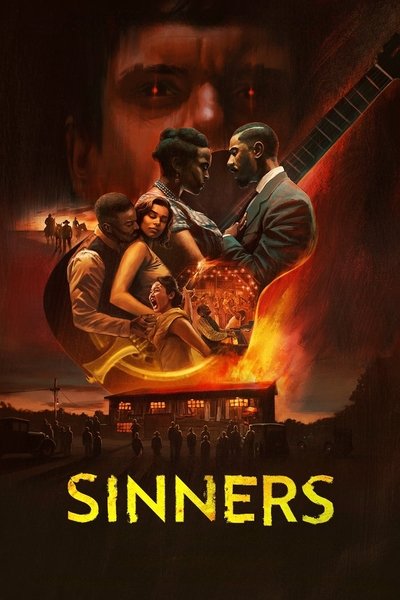
Trying to leave their troubled lives behind, twin brothers return to their hometown to start again, only to discover that an even greater evil is waiting to welcome them back.
Amir R. Khan
Remmick
Smoke / Stack
Mary
Annie
Pearline
Sammie Moore
4/24/2025
8/10
<em>'Sinners'</em> is a fair load of fun. It admittedly didn't fully knock my socks off, but there isn't any doubt that it is a very good film. It's stylish with impressive music and visuals, whilst all of the acting talent give good performances. It's paced astutely too. Michael B. Jordan is as entertaining as he usually tends to be, I do like seeing him act. The dual role is done well here, the 'split screen' is solid but my brain sillily - no matter the movie or standard of how they portray the same actor twice - simply cannot interpret the effect as seamless. Jack O'Connell stands out behind Jordan, particularly for the moments of sing. Hailee Steinfeld and Wunmi Mosaku are the others that I took notice of too, same can be said for Delroy Lindo, Li Jun Li and Omar Miller; I oddly always think of <em>'American Pie Presents: Band Camp'</em> with the latter (I'm so sorry, Omar). I must say, the trailers revealed too much. I tend to avoid those so assume I didn't get the full brunt of it anyway, though even so I remember catching a couple of bits that don't occur until the gritty part of the movie. It's no biggie, trailers are designed to get bums on seats after all.
5/10/2025
7/10
Michael B. Jordan is “Smoke” and twin brother “Stack” in this classy drama of a pair who’ve lived on the wrong side of the tracks for most of their lives, but have determined to go home and try to go straight. To that end, they buy an old barn and hope to set up their own speakeasy - with only a nominal nod to prohibition - pumping to the rafters with dancing and blues music. On the way, they ally with talented musician “Sammie” (Miles Caton) and, of course, there’s a bit of baggage for the siblings as they return to a town that’s not altogether welcoming. Once home, a mixture of confidence, threats and collective charisma succeeds in assembling a crowd for their opening night. Pretty swiftly, though, that grand celebration attracts the attention of some travellers who are keen to join the party, but perhaps in true Charlie Daniels style, they have an altogether more menacing agenda. This is the cinematic equivalent of an LP, this film. It starts with one side gradually introducing us a rich collection of characters all of whom could quite plausibly have lived in Mississippi at a time when segregation was as rife as illicit booze, and the two more recently hailing from Chicago gives things a certain gangster element too. There is also a very subtly powerful effort from Hailee Steinfield as “Mary” too. The flip side of the record proceeds to develop some elements of peril with the story, and that’s where it rather runs out of steam for me. It tries very hard to create a sense of hot, sweaty and frenzied jeopardy, but maybe because it has already taken quite a long time to get to this stage, that all comes across as a bit rushed and lacking in punch. It looks great, the visual effects are convincing enough and the production design smoulders perfectly. In the end, though, whilst it proves that MBJ is comfortably able to hold a story, Ryan Coogler has overly relied on a marvellously toe-tapping musical score that has been left to do much of the heavy lifting. That latter point is made more essential by a mediocre audio mix that can make the dialogue quite difficult to make out more often than I’d have liked. This seems to be an increasing issue as directors become more ambitious with their visual aspirations leaving the one thing that cannot be readily faked/augmented - the sound - left at the altar. It’s a cinema film, and will look distinctly average on a television so big screen and soundtrack audio is essential to get the best from this silky looking story with an interesting twist at the end, and again at the very end.
5/26/2025
1/10
It's a vampire movie. They really hate White people. Sick of this proud to be racist crap.
5/30/2025
/10
Sinners (2025) – A Spiritual, Sonic, Soul-Shaking Masterpiece There are films that claim to echo with heart, with history, with heritage—and then there is "Sinners," Ryan Coogler’s audacious, transcendent blend of Gothic folklore, musical soulcraft, and cultural reclamation. It doesn’t just echo. It sings. It howls. It bleeds. From its first frame to its devastating final image, Sinners is a full-bodied spiritual experience masquerading as horror—a rare, roaring anomaly that doesn’t fit inside a genre but redefines what cinema can be when it chooses truth over trope. At the centre of this cinematic exorcism is music—not as adornment, but as DNA. The film’s heartbeat is the blues. And it is through that heartbeat that Coogler tells a tale steeped in generational trauma, Black identity, post-war brotherhood, the spectral weight of history, and the enduring fight for Black ownership in the face of cultural erasure. But unlike anything we've seen before, Sinners fuses those themes with a chilling yet poetic vampire mythos that feels entirely earned, never performative. It is horror, yes—but elevated horror. Arthouse. Operatic. Biblical. The Blues as Bloodline Set in the Mississippi Delta during the 1930s, Sinners follows twin brothers Smoke and Stack—both played, exquisitely and with startling distinction, by Michael B. Jordan—who return home to open a juke joint. This place, more than a bar, becomes a church of sorts: a sanctuary of soul, a communal hearthstone where Black folk gather to drink, dance, and reclaim their joy. The walls of the juke joint hum with possibility. With danger. With prophecy. Even if only for one night. And then there’s the moment. The moment that marks "Sinners" not just as a great film, but a holy text of black magic. Sammie, the film’s humble preacher-boy turned guitar savant, takes to the stage. He plays the blues—slow, aching, ancestral. As he sings, the camera glides across the dance floor in a long, liquid motion, capturing the swelling ecstasy of Black joy. And then the music begins to evolve. It morphs, imperceptibly at first, weaving through the history of Black music—African tribal chants, gospel, jazz, funk, soul, R&B, hip-hop—all spiralling into the foundation laid by the blues. It's not a medley; it’s a resurrection. An invocation. This is music as invocation. And in that moment, it summons something darker. Outside the joint, stands the vampire Remmick, captivated by the sounds, eyes glowing like embers, face lit with a deranged smile. He listens intently, staring into the soul of their cultural history as the place is set spiritually ablaze. Sammie's music called to something ancient. Something seductive. Something that knows the blues because it was born of the same sorrow. A Clash of Cultures—Scored to Perfection What Coogler and composer Ludwig Göransson achieve with the film’s score is revolutionary. The music is not just thematic; it is political. It is narrative. When the scenes pulse with Black culture, the music leans blues, jazz, rhythm. But when Remmick and his fellowship—white vampires born of pain and craving—invade, the score rips into metal, into noise. The clash is jarring. Purposeful. It feels like an act of war. The blues is not just an aesthetic—it’s a battlefield. And the music becomes the weapon, the shield, and the lament. The result is a full-body experience. As Remmick’s power grows, the music becomes louder, more aggressive, less familiar. It’s a stunning metaphor: Black culture, as it always has, being appropriated, corrupted, and consumed until it’s unrecognisable to those who birthed it. And yet, it fights back. Every scene feels like a spiritual wrestling match, waged through melody and rhythm. Remmick: The Devil At The Door Jack O’Connell gives a performance so disturbingly charismatic you almost want to follow him into the dark and join his fellowship. Remmick isn’t just a villain—he’s a prophet of perversion. A being who believes, earnestly, that he is liberating the people he turns. He doesn’t kill for sport; he offers salvation through eternal night. He doesn’t deny his love for Black culture—he craves it. He worships it. He believes the blues is a divine language, one that called him into existence. His monologues are lyrical and damning, his gaze never cruel, always convincing. You don’t root for him. But you understand why someone would. One scene in particular—outside the joint, where he sings “Picked Poor Robin Clean” in the dark with his newly-turned—should be studied. It is eerily beautiful, the harmony between vampire and victim pitch-perfect, terrifying. When he and his hive recite the Lord’s Prayer in unison with Sammie, the lines between the sacred and the profane dissolve entirely. It’s religious horror at its most potent—unflinching, unforgettable. Brothers in Arms, Brothers in Grief Jordan’s dual performance as Smoke and Stack is nothing short of masterful. Stack is lighter, a dreamer. Smoke is war-weathered, clenched, sceptical. But together, they form a complete man—until tragedy forces one to stand alone. There’s a small scene near the end that shattered me more than any of the horror sequences. Smoke, shaking, tries to roll a cigarette for himself, something Stack always did for him. He fails. His hands tremble. A moment so small, yet so laden with grief, PTSD, and love that it lingers long after the credits roll. Coogler knows the power of silence. Of memory. Of unspoken bonds. And I appreciate the care that went into making sure a detail so seemingly small, was given a fitting final detail, that reassured me of the passion that went into every single god damn scene. The Voice That Summoned the Storm Miles Caton’s debut as Sammie Moore doesn’t just mark the arrival of a new talent—it announces a generational voice. At just 20, Caton steps into the role of the preacher’s son with a presence that feels both timeless and urgent. His musical roots run deep—raised in a gospel-rich family, he’s been singing since the age of three, and his voice carries that lineage with soulful weight. Caton not only sings in Sinners but co-wrote the haunting original track “Last Time (I Seen the Sun)” with Alice Smith and composer Ludwig Göransson. Learning blues guitar in just two months for the role, his performance in the juke joint sequence is a revelation—channeling pain, power, and prophecy in equal measure. It’s no wonder director Ryan Coogler described him as “a once-in-a-lifetime voice.” Caton’s portrayal of Sammie is the film’s heartbeat—a blend of innocence and depth that lingers long after the credits roll. Framing the Fire Autumn Durald Arkapaw’s cinematography in Sinners is nothing short of masterful. Making history as the first female cinematographer to shoot on large-format IMAX film, she crafts a visual narrative that is both expansive and intimate. Utilizing a blend of IMAX and Ultra Panavision 70 formats, the film’s shifting aspect ratios serve the story’s emotional beats—widening to capture the vastness of the Mississippi Delta, then narrowing to draw us into the characters’ inner worlds. Night scenes glow with a haunting luminescence, firelight dances with purpose, and each frame feels meticulously composed yet organically alive. Arkapaw’s lens doesn’t just show us the world of Sinners—it immerses us in its soul, making the supernatural elements feel grounded and the historical context visceral. Her work elevates the film, turning each scene into a painting that breathes. Anchors in the Storm Delroy Lindo's performance is like jazz—unpredictable, soulful, and necessary. He doesn't undercut the film's tension, but rather gives it breath. In a narrative that leans heavy on atmosphere and myth, he injects a kind of familial levity that feels earned and lived-in. His presence is grounding, a reminder of what’s at stake when the horror threatens to strip the story of its humanity. And then there’s Hailee Steinfeld, as Mary, bringing a layered grace to the screen—mischievous, magnetic, and caught between identities. Raised with Smoke and Stack, her loyalty runs deep, but her character exists in a space that blurs lines—between belonging and otherness, tradition and disruption. There's a quiet poetry to how her arc unfolds, and you’re left wondering whether she’s a reflection of what it means to straddle cultures, or a symbol of something even more elusive. Either way, she leaves a mark—fierce and unforgettable. And then there's Wunmi Mosaku’s portrayal of Annie, which anchors the film with a quiet yet potent strength. She is a bridge to ancestral wisdom, embodying the resilience and spiritual power of the Black community. Her presence is not loud, but her influence is undeniable—rooted in healing and protection, offering a steady counterpoint to the chaos around her. Annie doesn’t just fight evil with wisdom—she fights to preserve the very soul of her people. This soul isn't for sale And in a film layered with metaphor and meaning, black ownership doesn’t just echo—it resounds. It's not a theme that visits—it’s the architecture. And Sammie becomes the embodiment of that principle. His music, his soul, his presence—they’re not just narrative devices, they’re battlegrounds. There’s a moment—powerful, worded like an offer but weighted like a threat—where what’s being asked isn’t blood or vengeance, but ownership of that brilliance. Remmick offers everybody else their lives if they let him take Sammie, but Slim responds "he's ours." It’s not a loud moment. But it cuts deep. And it’s in the refusal—in the stillness of collective resistance—that the film finds one of its most potent truths. That cultural power isn’t just about legacy—it’s about protection, unity, and the refusal to be harvested. Beyond the Oscars There are films designed to win Oscars. And then there are films like Sinners—films that make awards feel meaningless. Because what do statues mean when you’ve built a monument? Sinners is that monument. To music. To Blackness. To art. To survival. To Cinema. It doesn’t just earn your praise. It earns your soul. In a world where genre cinema often feels disposable, Sinners is an inheritance. A film made by people who love the culture deeply enough to protect it, critique it, and immortalise it. It is horror not just of the supernatural, but of history, of identity, of being seen and erased all at once. And yet, it is joyous. It is poetic. It is epic. It is... unforgettable.
6/6/2025
10/10
ALERT: might be spoilers lurking here. Thankfully I didn't see any film trailers but I did glance over a few magazine covers to see it was a movie about twins and vampires. What I didn't know was that it was also a period piece so that was a surprise. How the vampires appeared was also a surprise. I thought one of the twins was already a vampire and had somehow hidden it from his brother. I liked the Stephen King aspect of ordinary day turning to sh!t and good luck surviving. What was missed in all the reviews I saw here: spiritual and cultural aspects that may have gone over folks' heads. Did anyone understand Mary's real link to the Black community? What does her survival as a vampire say about that precarious aspect of her previous life versus her life after life? Did anyone see an almost mockery of religion in the vampires' siren call and the "triumph" of the Black church in Sammie's survival? How does this flow with narratives of good versus evil? Freedom is an overarching theme. Free to go north and work for gangsters. Free to own property/open a juke joint. Free to enjoy an evening of dance and drink. Free to LIVE. Money is supposed to bring freedom but money that spends only in the Delta won't free anyone. Music offers the unification that could quell separatism but isn't always able to deliver the promise. Musicians forced to play for racists by the police. Vampires singing to lure Sammie out. The singing at church. The singing in the juke joint. Sammie surviving to sing and play for several more decades. Any freedom in the world of Sinners is temporary at best. This movie is multi-layered. You have to see it multiple times to see it. I'm guessing each time you will see and hear something you missed the time before, giving you a different perspective each time.
6/17/2025
10/10
this movie is absolutely beautiful. i was hesitant to watch it because i don’t care for vampire stories, but this is way more than just a “vampire story.” it shows the beauty of black culture while also discussing the very real aspect of oppression, especially back in the jim crow era, where this movie takes place. the scary scenes were scary, the sad scenes were sad, and everything in between did it’s job correctly. i wish i could see this movie for the first time again. every actor did amazing in this, but miles caton, the actor for sammie, did a phenomenal job… finding out this was his first big role was a shock. this movie is an excellent conversation starter for multiple different topics because of how impactful it is. ryan coogler is a director that is a force to be reckoned with. absolutely stunning movie
7/9/2025
6/10
It's a reboot of 'From Dusk til Dawn'. But... From Dusk til Dawn is a much better movie! As a period piece it's pretty good... but the storyline is a total snore-fest.
12/11/2025
8/10
Movie Review: Sinners (2025) A gripping and refreshingly original addition to the vampire genre, Sinners fuses its blood-soaked mythology with a rich musical sensibility that feels deeply tied to its era. There’s a hint of the Cornetto trilogy’s off beat charm, but the film ultimately leans into a more grounded exploration of family, artistry, and social division. The cinematography is superb stylish yet controlled and the direction brings a confident rhythm that complements its thematic depth. Strong performances across the board elevate the drama, making Sinners a standout genre piece. Review: 8/10
1/8/2026
10/10
Horror films well done are supposed to leave you scarred and weave their way into your conscience, for they represent the worst of what we don't want to acknowledge in our societies. And that is Sinners for you, too, not just a story of racial tensions with music and mythic creatures: it brings forward many questions about race, class, capital, reconstruction and assimilation. By the hand of an incredible cast and a format that has you mourning beginning to end.
1/23/2026
3/10
I'm not sure how this movie can get such great reviews. The acting isn't particularly good, and the plot is about as deep as a beer can. It might be okay to watch once, but it's not really good.
2018
2010
2024
2020
2008
1987
1931
2011
1977
1971
2020
1981
1974
1998
2006
1979
2023
1963
2018
